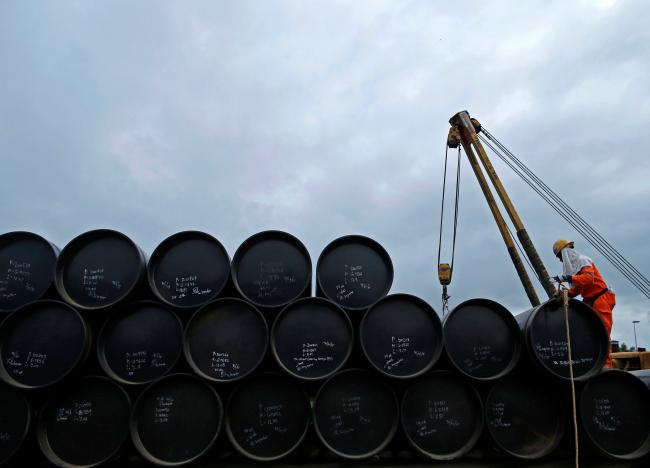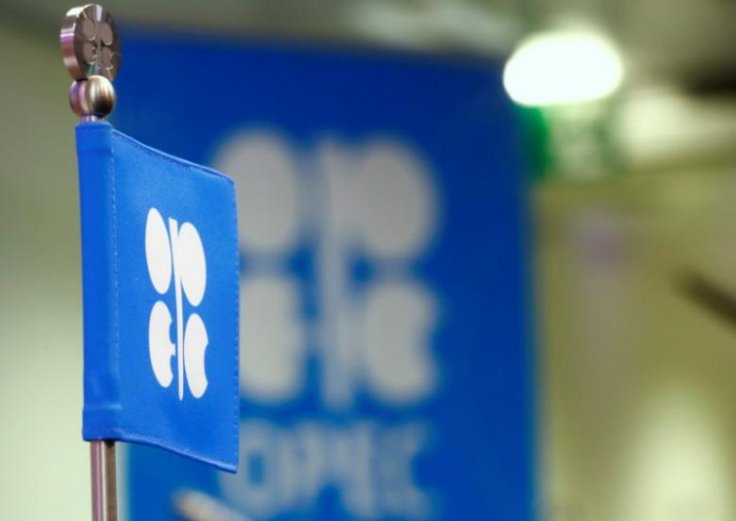Despite the huge advancements happening in the electric vehicle segment worldwide, the fossil fuel industry will keep thriving in the decades to come, according to a projection by the oil exporters' cartel.
The Organization of the Petroleum Exporting Countries (OPEC) said on Monday that global oil demand is expected to zoom 23 percent by 2045 even as the global economy doubles in size. As per the cartel's projection, global oil demand will hit 110 million barrels per day after about two decades.

Peak Oil Scenario
This outlook runs counter to the earlier estimates of the arrival of the 'peak oil' scenario by around 2035. Various studies have calculated that global fossil fuel demand will peak around that time and then start declining, dealing a huge financial blow to the middle eastern nations that nearly control the oil market.
IEA Estimates
While the consensus market estimates have been that the peak oil scenario will unfold around 2035, the International Energy Agency (IEA) has said it may happen even earlier. According to a projection by the agency, oil demand will peak by 2028 at around 105.7 million barrels per day and then start declining.
OPEC Optimism

However, the latest report brushes aside these concerns. The Opec now says that oil is nearly irreplaceable for the foreseeable future despite the rising popularity of renewable energy sources. Part of the reasoning is that global economic growth will eclipse the impact of the rise of the alternative fuel sources and therefore increase the dependence on crude oil.
"Oil is irreplaceable for the foreseeable future," OPEC Secretary General Haitham Al Ghais said at the inaugural Energy Asia conference held in Kuala Lumpur. Though renewable sources of energy will keep playing an important role, oil remains an integral part of the mix, the official said.
"In our worldwide outlook, we see global oil demand rising to 110 million barrels a day by 2045 .... Gas hydro, nuclear hydrogen and biomass will expand. But it is clear that oil remains an integral part of the mix," the OPEC Secretary General added.
Oil consumption rose by 2.9 million barrels per day globally last year to 97.3 million barrels according to the Statistical Review of World Energy.
IMF Warning

If oil prices start declining in the next 10 years, Saudi Arabia will not have been prepared to deal with the serious consequences. An IMF report earlier this year laid down this prospect. According to this report, the oil nations in the Persian Gulf are poised to lose around $2 trillion in financial wealth within the next 15 years, when the oil demand nears peak levels. "Without decisive economic reforms, the richest Middle Eastern states could exhaust their net financial wealth by 2034 as the region becomes a net debtor, the fund projects. Within another decade, their total non-oil wealth would also be exhausted," the Economic Times reported, citing the IMF report.

Who is Right?
The latest claim by the Opec cartel lays bare the stark differences between it and the IEA. Even a week earlier, the energy watchdog had predicted that oil demand growth would slow dramatically from 2.4 million barrels per day to 400,000 barrels per day in 2028. The IEA calculates that this will happen due to factors like the rise of electric vehicles and constant improvements in technologies that result in better fuel efficiency.








